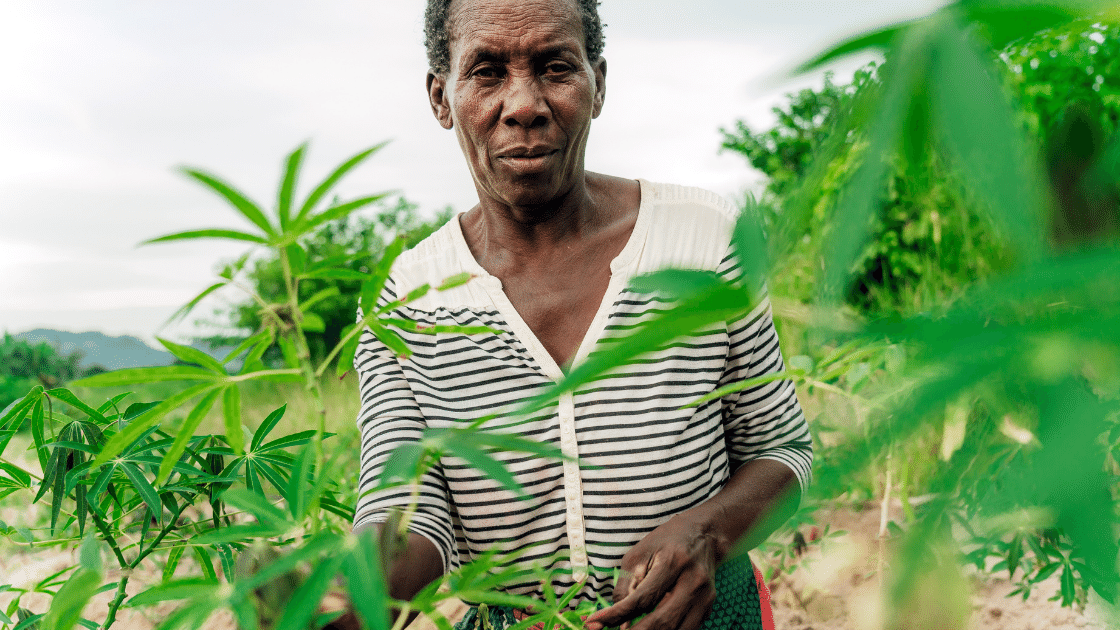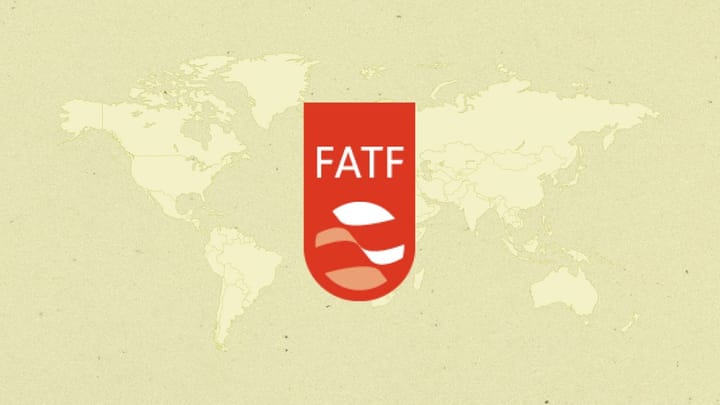Algorand and Boston University want to increase access to machinery for African farmers
Algorand Foundation will provide funds for Boston University and an African agric-tech company to develop a blockchain-based application to connect farmers to tractor owners.

The Algorand Foundation, on August 8, disclosed its partnership with United States-based Boston University and African technology company Hello Tractor to develop a blockchain-powered mobile application to facilitate easier and scalable access to machinery for African farmers.
📬
Subscribe to Crypto Africa and receive updates about the latest crypto developments in Africa. Subscribe Now
Key background
- Algorand Foundation is the non-profit tasked with promoting the adoption of the Algorand blockchain protocol.
- Founded in 2014, Hello Tractor is a technology company connecting farmers to tractor owners online in a model similar to ride-sharing service Uber.
- As part of the collaboration, Boston University and Hello Tractor will develop a blockchain-based platform called Tokenomics to help scale the African company’s operations. Algorand Foundation is funding the project.
- Tokenomics will combine contract theory and blockchain technology to help Hello Tractor “leapfrog [the] institutional and infrastructure problems” that limit the company's ability to reach smallholder farmers in Africa.
What is contract theory?
- Contract theory is the study of how people and organizations reach agreements in circumstances with uncertain conditions, unknown factors and information imbalance.
- In ideal situations, a contract would specify the responsibilities and requirements of all parties so precisely that there shouldn’t be any room for misunderstanding or dispute.
- However, things rarely turn out that way in reality. For instance, one of the parties may have withheld important information, which could potentially bring disputes.
- Contract theory seeks to understand why individuals make particular decisions in order to design systems that optimize the decisions of each party.
- Hello Tractor, which serves over 500,000 farmers in 17 countries, currently deals with specific bottlenecks in its system, limiting the company’s ability to scale.
- “Usually, external factors cause these bottlenecks and impede the flow of information around Hello Tractor’s digital ecosystem,” Boston University researchers wrote in a blog post. “In many communities, this includes poor roads, extensive use of cash rather than electronic-based payment systems and a lack of privacy laws.”
Key quote
[The bottlenecks in Hello Tractor’s system] cause challenges mobilizing farming equipment, under-use of available tractors, duplicate bookings, signing up agents and discouraging existing agents [working in some] communities. Collectively, these problems reduce farmers’ and tractor owners’ trust in the system.”
- The Boston University and Hello Tractor teams will work together to use contract theory to build an application that encourages the African company’s agents (who deal directly with farmers) and users to act optimally.
The big picture
- According to the United Nations, there’s a food crisis in many parts of the world. Fixing the situation will require the implementation of techniques that improve farm productivity.
- The African continent is a prominent contributor to the food crisis, with most farmers in Sub-Saharan Africa unable to sustainably scale their production because they still plow their crops by hand.
- Hello Tractor’s technology aims to alleviate this problem by connecting machinery owners, who need to earn more money, with smallholder farmers.
- Boston University believes that the success of the Tokenomics project could offer solutions to a series of related problems related to providing healthcare and clean energy in rural communities.



